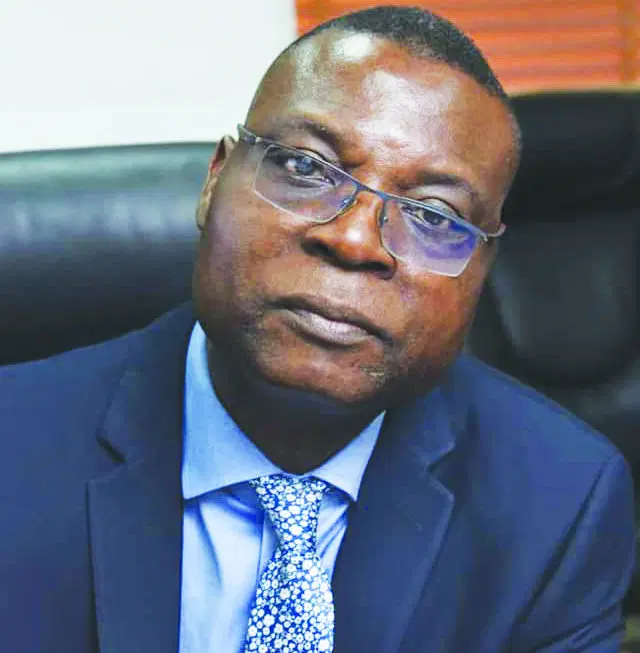“We have recently concluded the implementation of the Federal Government’s 2020 policy of linking every phone number to a NIN. Though it was a bit painful for Nigerians, I think we also need to appreciate what this does for us. Today, there is no phone number that we cannot associate without a verified NIN. Not just a number, but a number that has been verified,” Maina declared while speaking at the 2024 Annual Corporate Governance Conference.
This announcement is more like an unexpected denouement. For a project that began in December 2020 with only a two-week implementation timeline but has since witnessed twists, turns, and multiple timelines, it presents more of an anti-climax than the real accomplishment it claims to be. It is in order to extend congratulations to the Nigerian Communications Commission (NCC) and the National Identity Management Commission (NIMC) for finally putting a closure to an exercise that periodically doled out trauma to Nigerians.
In a moment of triumph, Minister of Communications and Digital Economy, Dr. Isa Ali Ibrahim Pantami, enthused, “The policy will enable Nigeria to take giant strides towards improving national planning, overcoming security challenges, and boosting our GDP. National Digital Identity will accelerate economic planning and development. It will also promote digital inclusion, digital financial services, and other value-added services across the nation. It will also help Nigerian security agencies to improve their effectiveness in dealing with cybercrime, particularly in the area of digital forensics, crime tracking, and identification.”
However, Pantami later raised alarm bells, stating that his life had come under threat due to his unwavering support for the policy implementation, vowing that nothing would deter him. The crux of the issue, however, is that this policy was introduced during the COVID-19 pandemic, which necessitated isolation and remote engagements rather than crowd activities, which the policy encouraged. The planning was deficient, and execution was even more haphazard, revealing that NIMC was ill-equipped to handle the task. There was widespread outrage.
Since then, the process has been riddled with drama, more outrage, deadlines, and curses from a populace feeling oppressed by a policy that harassed and attenuated their humanity.
A convoluted journey seemingly ends here. With a September 14, 2024, deadline given in August this year, following an unexpected reaction to MTN’s mass disconnection of subscribers without proper NINs, Reuben Muoka, Public Affairs Director at the Nigeria Communications Commission, stated that 153 million SIMs have been linked to their NINs, which is about 96 percent of the subscribed mobile lines in the country.



